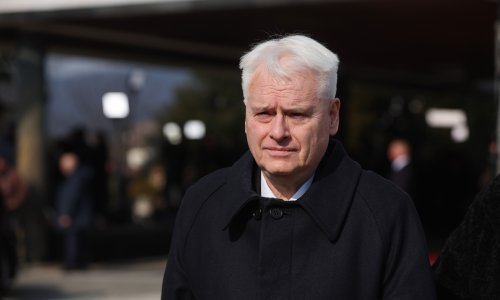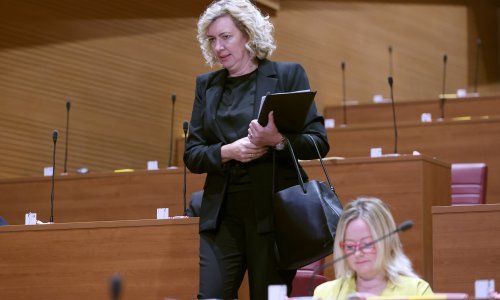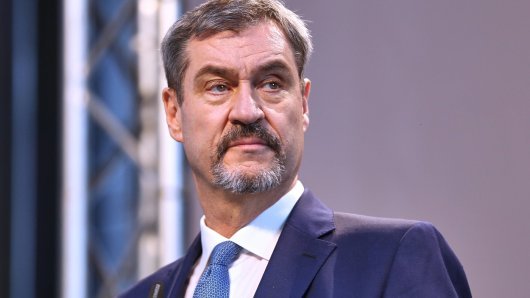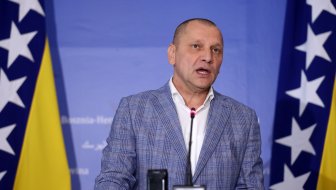President Ivo Josipovic gave a talk at the Institute for Innovations on Tuesday on the prerequisites for the development of enterprise in Croatia, saying the key problems were a poor investment climate, a negative public perception of entrepreneurs and enterprise, and "the culture of complaining."
"The majority are more willing to complain than work and this has to change," he said.
Speaking of the investment climate, Josipovic mentioned administrative barriers, an inefficient judiciary, records in disarray, undeveloped informal models of financing, regional imbalances, taxes and parafiscal levies, and the poor public perception of enterprise.
"The first reflex to the announcement of an investment is, they will make money on us," he said, adding that this was in part due to the crime in privatisation.
The president said that in the public and in some court rulings, business failures were perceived as a criminal offence, resulting in fear of decision-making in the state administration and the economy. He said this must change through the recognition of socially responsible entrepreneurs.
Josipovic said other problems included a four-year consecutive GDP decline, a drastic drop in investment, a record-high unemployment, deindustrialisation, illiquidity, and a large and inefficient public sector.
He said a dramatic fall in living standards too had a negative impact on the economy and that he received dozens of e-mails daily from citizens saying they did not have enough for the basic needs.
Josipovic went on to say that an inefficient public procurement system was another obstacle to the economy and that it was necessary to find models to improve public procurement, while preserving cheaper procurement and suppressing corruption.
He also mentioned widespread corruption but said it was less present than five or ten years ago, voicing confidence that Croatia would continue to fight corruption even after joining the European Union as "this state's lasting commitment."
The president underlined the need for a just and efficient tax system which must not be changed too often. He voiced hope that the government's new investment stimulation measures would facilitate the realisation of strategic investments that created a lot of jobs.
He also commended the government's announcements that it would correct social anomalies.
Josipovic warned about administrative hurdles facing foreign investors, wondering why investors from some Arab countries had to travel a thousand kilometres to get a Croatian visa and why Croatia would not facilitate the obtaining of citizenship for those who invested certain amounts as was the case in many European countries.
He said European funds were a big opportunity for the Croatian economy. "It will be a big tragedy if we don't use those funds due to inertia, incompetence or ignorance," he said, adding that the government, local governments and business people had an immeasurable responsibility in this.
Commenting on announcements of a three-per cent wage cut in the public sector, the president said that thought should be given to the idea of larger cuts to higher salary earners.
He underlined the need to reform the labour market. He said some unions perceived reforms as slashing workers' rights, however, workers' security could only be achieved by facilitating expeditious employment.



































